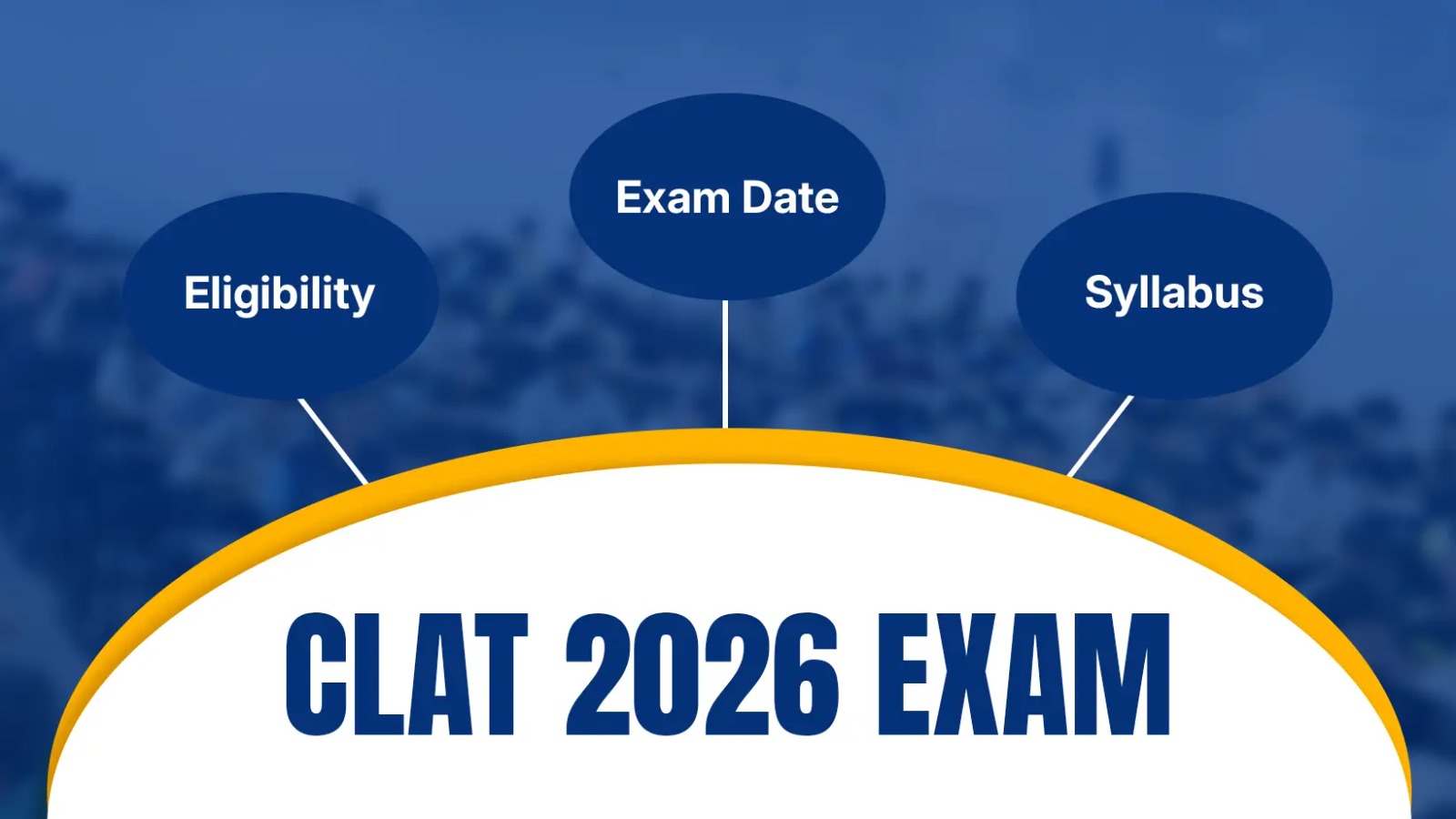DIXIT C.J. - By this application under article 226 of the Constitution of India the petitioner prays for the issue of a writ of certiorari for quashing a notice said to have been issued to him on 24th June, 1959, u/s 34 of the Indian Income Tax Act, 1922, for escaped assessments in respect of the assessment year 1946-47, as also for quashing a notice issued on 14th March, 1963, u/s 148 of the Income Tax Act, 1961, for assessment u/s 147 of the Act for the assessment year 1946-47.
The petitioner says that the on 24th June, 1959, a notice was issued to him by the Income Tax Officer, Sagar, u/s 34 of the old Act for the escaped assessment in regard to the assessment year 1946-47; that the proceedings on the basis of this notice were pending when the Act of 1961 came into force; and that during the pendency of these proceedings the Income Tax Officer issued another notice to him on 14th March, 1963, u/s 148 of the Act of 1961, for the assessment u/s 147 in respect of the assessment year 1946-47. The appellants contention is that in view of the provisions of section 34(1A) of the Act of 1922, as construed by this court in Rustomji Cowasji Jall v. Income Tax Officer, and Balchand v. Income Tax Officer, Sagar, no proceedings u/s 34(1A) could be started against the him in respect of the assessment year 1946-47 after 31st March, 1956; that, consequently, the proceedings initiated pursuant to the notice dated 24th June, 1959, were barred by time : and that, therefore, notice dated 24th June, 1959, were barred by time : and that, therefore, on notice u/s 148 of the new Act could also be issued to him for assessment u/s 147 of that Act for the assessment year 1946-47.
In our judgment, the contention is without any merit and this petition must be dismissed. The applicants statements that the notice dated 24th June, 1959, u/s 34 of the Income Tax Act of 1922 was in respect of the assessment year 1946-47 is not correct. That notice was in regard to the assessment year 1945-46. The petitioner no doubt filed a return for the assessment year 1946-47 purporting to do so pursuant to the notice dated 24th June, 1959. But when his attention was drawn by the Income Tax Officer that the notice related to the assessment year 1945-46, he filed a return for that year admitting by a letter dated 22nd March, 1960, addressed to the Income Tax Officer, Sagar, his mistake in filing the return for the assessment year 1946-47. That the notice dated 24th June, 1959, was in respect of the assessment year 1945-46 and no notice u/s 34 for the assessment year 1946-47 was ever issued to the petitioner while the Act of 1922 was in force is abundantly clear from the record. For the first time, a notice for escaped assessment in regard to the assessment year 1946-47 was issued to the applicant on 14th March, 1963, and that was u/s 148 of the new Act. No proceedings u/s 34 of the Act of the 1922 in regard to the assessment year 1946-47 were thus pending when the Act of 1961 came into force.
Now, section 297 which deals with the effect of the repeal of the Indian Income Tax Act, 1922, sets out in clause (d)(ii) of sub-section (2) that :
"Notwithstanding the repeal of the Indian Income Tax Act, 1922 (XI of 1922) (hereinafter referred to as the repealed Act), - ........
(d) Where in respect of any assessment year after the year ending on the 31st day of March, 1940, - ........
(ii) any income chargeable to tax had escaped assessments within the meaning of that expression in section 147 and no proceedings u/s 34 of the repealed Act in respect of the such income are pending at the commencement of this Act, a notice u/s 148 may, subjected to the provisions contained in section 149 or section 150, be issued with respect to that assessment year and all the provisions of this Act shall apply accordingly."
The plain meaning of the above provisions is that if no proceedings u/s 34 of the repealed Act for escaped assessment in regard any assessment year are pending at the time of the coming into force of the new Act, a notice u/s 148 can be issued. As in regard to the applicant no such proceedings were pending for the assessment year 1946-47, the notice issued to him u/s 148 is clearly in order and valid.
This is plain enough. But Shri Dharmadhikari, learned counsel appearing for the applicant, argued that as action in respect of the assessment year 1946-47 u/s 34(1A) of the Act of 1922 had already become time-barred at the date when the new Act came into force, therefore, having regard to the provisions of section 6 of the General Clauses Act, 1897, the assessment for the year 1946-47 could not be reopened u/s 147 of the Act of 1961 and no notice could be issued for the purpose u/s 148. We are unable to accede to this contention. The firmly established principles is that an amending Act or a new Act repealing an old Act enabling the Income Tax department to make an assessment or a reassessment in respect of the years which were over when the amending Act or the new Act came into force should not be construed as authorising action in respect of a year for which action was already time-barred at the time when the amending or the new Act came into force, unless the statute clearly provides to the contrary. In the present case, the assessment u/s 34(1A) of the Act of 1922 in respect of assessment year 1946-47 had, no doubt, already become time-barred when the Act of 1961 came into force. But section 297(2)(d)(ii) of the new Act contains in express language a provision to the contrary and enables the Income Tax Officer to take proceedings u/s 147 of the Act in respect of any year even though proceedings in regard to that year u/s 34(1A) of the Act of 1922 had become barred by time. Section 6 of the General Clauses Act has no applicability here. The consequences laid down in section of the General Clauses Act follow on a repeal of an enactment unless, as the section itself says, a different intention appears in the new Act. The new Act repealing the enactment concerned must manifest an intention to destroy the rights and liabilities under the repealed Act. A perusal of section 297 of the Act of 1961 is sufficient to show that it not only provides for the operation of the Act of 1922 in certain matters but also makes a provisions for the operation of the new law in other matters. The provisions in section 297 are thus self-contained and fully specify the effect of the repeal of the Act of 1922 and are clearly indicative of the intention to exclude the application of section 6 of the General Clauses Act in the case of repeal and re-enactment has been stated by the Supreme Court in State of Punjab v. Mohar Singh and Indira Sohanlal v. Custodian of Evancuee Property. On the authority of those decisions, it must be held that section 6 of the General Clauses Act has no applicability, and the present matter is governed fully and only by the section 297(2)(d)(ii) of the Act of 1961.
The argument that action section 34(1A) in regard to the assessment year 1946-47 had already become barred by time when the Act of 1961 came into force and, therefore, no proceedings u/s 147 could be initiated by a notice u/s 148 must also be rejected on the ground that whereas u/s 34(1A) proceedings could be initiated if the income, profits or gains which had escaped assessment for any year amounted to, or were likely to amount to, one lakh of rupees or more, u/s 149 of the new Act a notice u/s 148 for assessment u/s 147 can be issued for the relevant assessment year where eight years but not more than sixteen years have elapsed assessment amounts to or is likely to amount to rupees fifty thousand or more for that year. There is thus a difference between the provisions of section 34(1A) of the Act of 1922 and the provisions contained in section 147 read with section 149 of the Act of 1961. The Act of 1961 creates a new liability for action u/s 147 where the escaped assessment amounts to or is likely to amount to Rs. 50,000 or more for the relevant assessment year and expressly provides in section 297 for the enforcement of that liability.
Learned counsel also submitted that proceedings u/s 34 of the repealed Act in relation to the assessment year 1946-47 were pending when the Act of 1961 came into force inasmuch as the petitioner had filed a return for that year in response to the notice dated 24th June, 1959. To support his contention, learned counsel relied on Commissioner of Income Tax v. S. Raman Chettiar. The short answer to this submission is that the issue of a notice u/s 34 in respect of the assessment year 1946-47 was a condition precedent to the initiation of proceedings under that provision in regard to that year. As has been stated earlier, the petitioner was never served with a notice u/s 34 for escaped assessment in regard to the assessment year 1946-47. Merely because he filed a return for the assessment year 1946-47 misunderstanding the notice dated 24th June, 1959, which was in respect of the assessment year 1945-46, it cannot be held that proceedings u/s 34 of the Act in regard to the assessment year 1946-47 commenced by the filing of that return. The decision in Commissioner of Income Tax v. S. Raman Chettiar is not in point here. All that was held in that case was that a return filed pursuant to a notice u/s 34 of the Act of 1922 which was later on found to gave invalid was a return within the meaning of the section 22(3) so as to prevent the Income Tax Officer from the issue of a fresh notice u/s 34 on the assumption that there had been an omission or failure on the part of the assessee to make a return of the income u/s 22.
For the foregoing reasons, our conclusion is that the notice issued to the applicant on 24th June, 1959, was in regard to the assessment year 1945-46 and, not 1946-47; and therefore, there can be no question of quashing that notice as a notice invalid for the assessment year 1946-47; and that the notice issued to the applicant u/s 148 of the Income Tax Act, 1961, on 14th March, 1963, in respect of the assessment year 1946-47 is valid. This petition is, therefore, dismissed with costs. Counsels fee is fixed at Rs. 200. The outstanding amount of the security deposit after deduction of costs shall be refunded to the petitioner.
Petition dismissed.

